The MSM has pushed Ivermectin as a horse dewormer, and anyone who attempts to contradict this dogma runs the risk of censure and deplatforming. But now there’s this:
This implies that 89% of the participants benefited from taking Ivermectin as a …
The MSM has pushed Ivermectin as a horse dewormer, and anyone who attempts to contradict this dogma runs the risk of censure and deplatforming. But now there’s this:
This implies that 89% of the participants benefited from taking Ivermectin as a …

Following a crash involving a dump truck, three macaques escaped from their cages while being transported to a CDC-approved quarantine center. The macaques had just arrived from Africa; the breed can carry the Ebola virus and in the past has …
CNN, at least in this instance, has stopped calling Ivermectin a veterinary medicine and more accurately states,
𝙸𝚟𝚎𝚛𝚖𝚎𝚌𝚝𝚒𝚗 𝚒𝚜 𝚞𝚜𝚎𝚍 𝚝𝚘 𝚝𝚛𝚎𝚊𝚝 𝚙𝚊𝚛𝚊𝚜𝚒𝚝𝚎𝚜 𝚜𝚞𝚌𝚑 𝚊𝚜 𝚠𝚘𝚛𝚖𝚜 𝚊𝚗𝚍 𝚕𝚒𝚌𝚎 𝚒𝚗 𝚑𝚞𝚖𝚊𝚗𝚜 𝚊𝚗𝚍 𝚒𝚝 𝚒𝚜 𝚊𝚕𝚜𝚘 𝚞𝚜𝚎𝚍 𝚋𝚢 𝚟𝚎𝚝𝚎𝚛𝚒𝚗𝚊𝚛𝚒𝚊𝚗𝚜 𝚝𝚘 𝚍𝚎𝚠𝚘𝚛𝚖 𝚕𝚊𝚛𝚐𝚎 𝚊𝚗𝚒𝚖𝚊𝚕𝚜. …
The last time I flew on an A-380 was in business class returning to Dubai from Munich. Today I am flying economy and the aircraft is configured for maximum capacity in a 3-4-3 configuration. The flight is completely full. I am on the aisle and suffer …
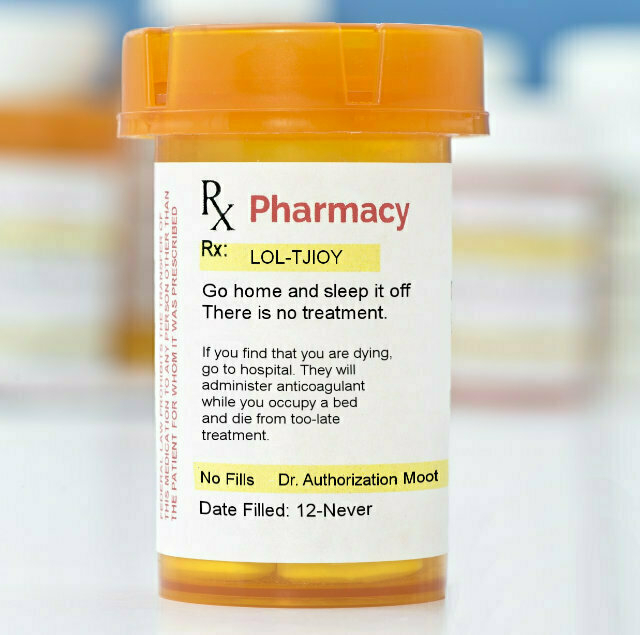
Two years ago, there was no treatment for the Sickness; in that context I predicted that the pandemic would go away once an effective treatment was available. Yet here we are, two years later, with many treatments on offer and the world still …
The separatist war that birthed South Sudan was particularly brutal. The northern part of the country is the site of the traditional capital, Khartoum; the south mostly undeveloped. The language of the north is Arabic and the religion Islam; the …
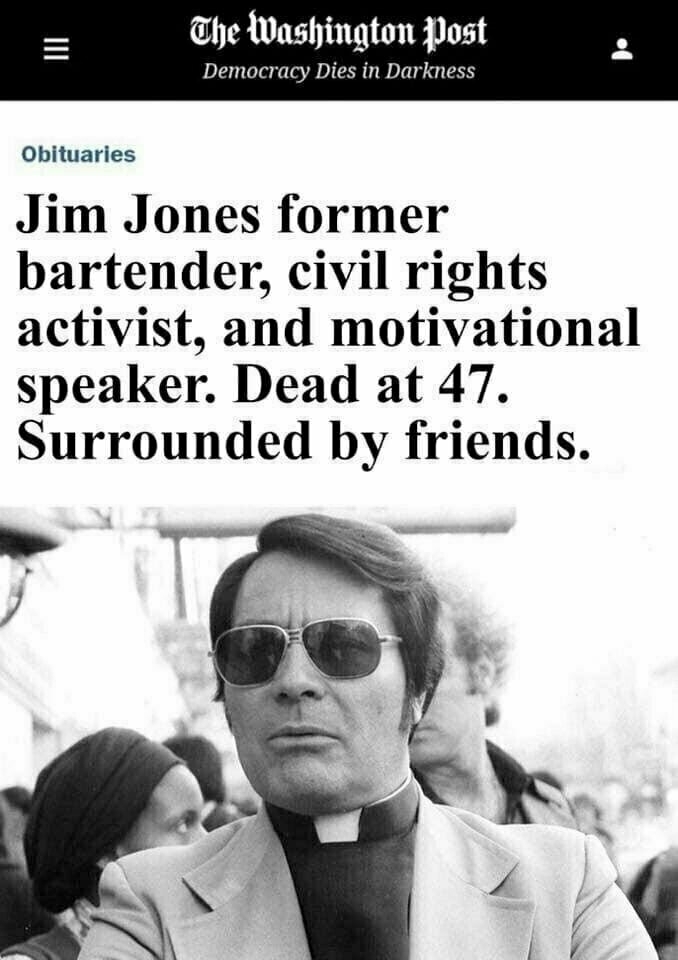
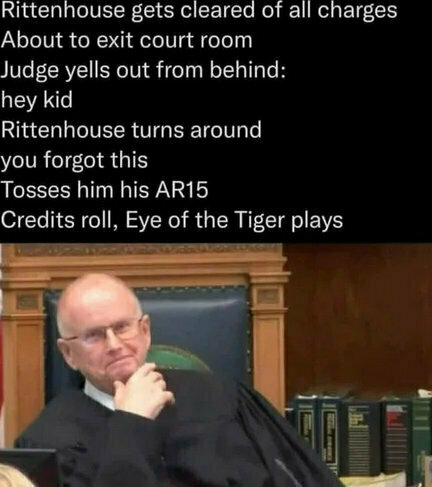
Those who say that acquittal was a foregone conclusion? Nope. Not when the jury is out for four days. This case could have gone either way.
I wonder if the jury struggled with the narrative, with the accepted wisdom. Interesting to see how many …

“𝙽𝚎𝚊𝚛𝚕𝚢 𝚊𝚕𝚕 𝚝𝚑𝚎 𝚎𝚊𝚛𝚕𝚢 𝚖𝚎𝚍𝚒𝚊 𝚝𝚛𝚘𝚙𝚎𝚜 𝚙𝚛𝚘𝚟𝚎𝚍 𝚏𝚊𝚕𝚜𝚎: 𝙷𝚎 𝚍𝚒𝚍𝚗’𝚝 𝚋𝚛𝚒𝚗𝚐 𝚝𝚑𝚎 𝚐𝚞𝚗 𝚊𝚌𝚛𝚘𝚜𝚜 𝚜𝚝𝚊𝚝𝚎 𝚕𝚒𝚗𝚎𝚜; 𝚑𝚎 𝚑𝚊𝚍 𝚖𝚊𝚓𝚘𝚛 𝚛𝚘𝚘𝚝𝚜 𝚒𝚗 𝙺𝚎𝚗𝚘𝚜𝚑𝚊 𝚒𝚗𝚌𝚕𝚞𝚍𝚒𝚗𝚐 𝚑𝚒𝚜 𝚍𝚊𝚢 𝚓𝚘𝚋 𝚊𝚗𝚍 𝚖𝚞𝚌𝚑 𝚘𝚏 𝚑𝚒𝚜 𝚏𝚊𝚖𝚒𝚕𝚢. 𝙷𝚎 𝚠𝚊𝚜𝚗’𝚝 𝚊 𝚖𝚒𝚕𝚒𝚝𝚒𝚊-𝚠𝚊𝚗𝚗𝚊𝚋𝚎 𝚋𝚞𝚝 𝚊𝚗 𝚊𝚜𝚙𝚒𝚛𝚒𝚗𝚐 𝚌𝚘𝚙/𝚏𝚒𝚛𝚎𝚏𝚒𝚐𝚑𝚝𝚎𝚛/𝙴𝙼𝚃.
𝙰𝚋𝚜𝚘𝚕𝚞𝚝𝚎𝚕𝚢 …
It is important to recognize that no employee ever gets fired because of financial reasons. Management will pretend that the reason for termination is costs, but this is never the case. If costs are truly an issue, a whole division or multiple …

(The foul-mouthed, softball-playing, draft-dodging eighth graders from St. Priscilla’s are at it again.)
A sixth grade patrol boy wearing the orange belt of authority appeared at the door of the classroom accompanied by two men in black suits. Joe …
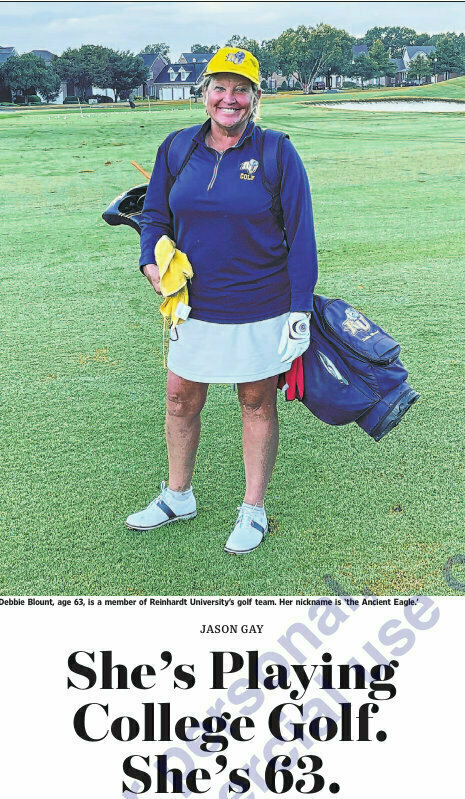
Do you remember my scheme for spending my retirement in a college town? Many of you thought that I was joking. Some, however, got the message.
There is outrage when XY chromosomed-individuals join the women’s team because they now identify as women. …
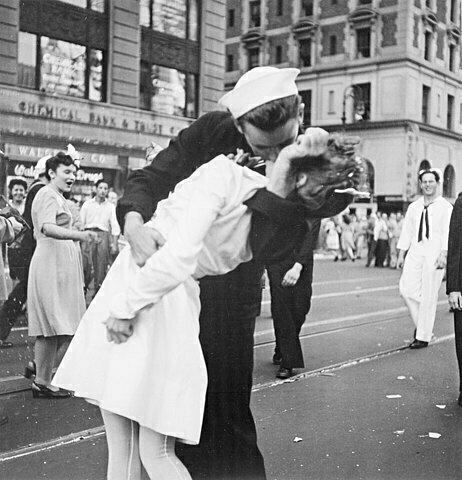
How will we know the pandemic is over? Just as there was no formal announcement of the pandemic’s start, it is unlikely that there will be an announcement of the pandemic’s end.
At first, the Sickness was completely local: trouble in far-off China …
Test after crash.
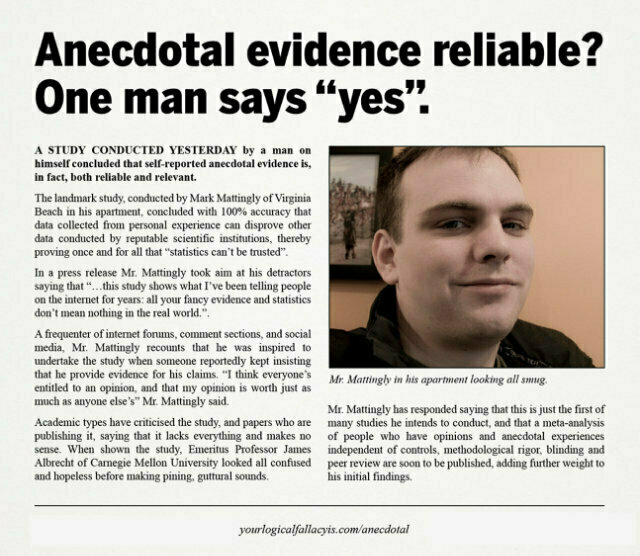
It’s interesting (at least to me) how different systems or professions address the issue of truth. How do we know if an assertion is true?

In a very real sense, I grew up with Vietnam. The war the Vietnamese call the “American War” was on television every night. The movie The Green Berets instilled us with the righteousness of the American cause. It was America’s duty to fight godless …
I feel for those whose surnames include a ‘de, di, la’, an ‘al-’, ‘el’, ‘ben’ or ‘ibn.’ Or ‘von’. And of course, anyone who has the misfortune to have an apostrophe in their …

“Is Ivermectin safe?
When used for the current indications, at the currently approved doses, Ivermectin is a very safe drug. To date, more than three billion treatments have been distributed in the context of the Mectizan Donation Program alone with …
As it turns out, university tuition is tax-deductible for seniors who return to school to obtain additional credentials which will make them more marketable despite their advanced age. Let’s not kid ourselves: there’s no way you are going to find a …
The US Department of Transportation has extended the federal mask mandate to January, 2022, requiring passengers to wear masks aboard civilian aircraft and so insuring that American bad behavior will be on display for all throughout the holiday …
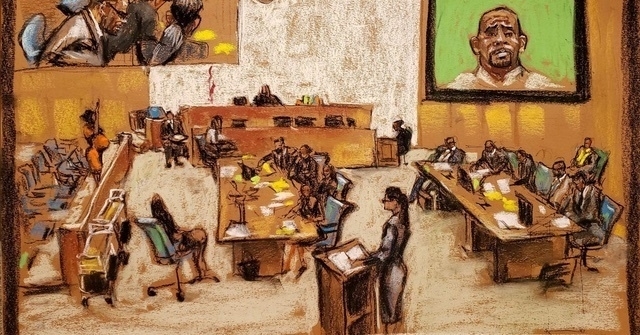
The trial of R. Kelly on federal racketeering charges is being held on a semi-virtual basis: the jurors are not in the courtroom. Supposedly this is for health reasons; but if everyone else is in the courtroom safely, what is the justification for …
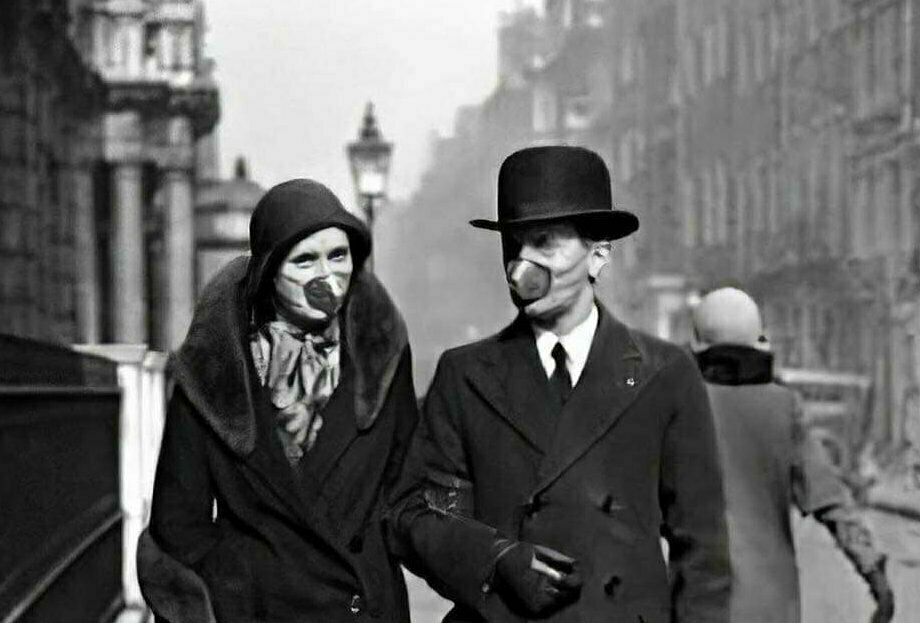
I’ll go out on a limb and say that much of the civil strife in the United States is between Republicans and those who do not identify themselves as such. Since all you can really do is moan and complain about those who do not agree with you, the …
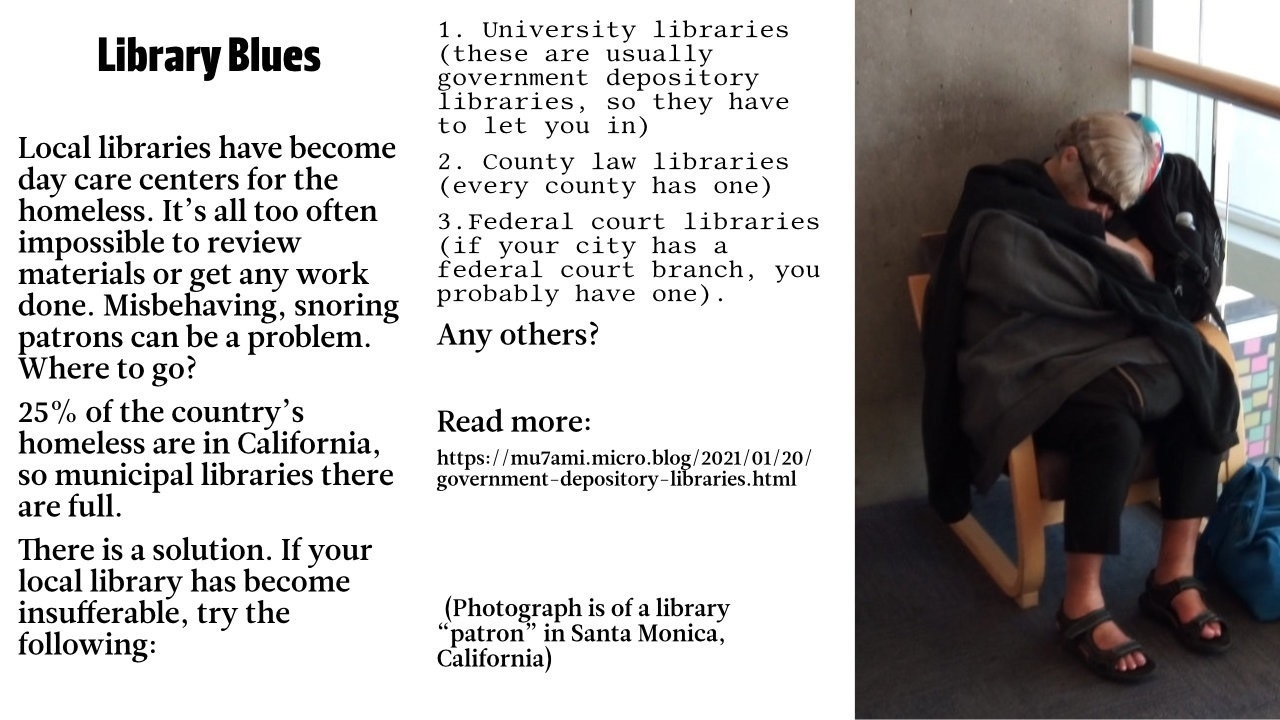
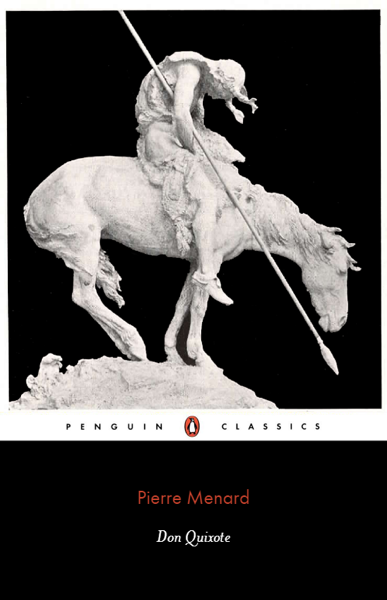
There really was a Pierre Menard.
But he did not write the Quijote, contrary to Mr. Borges' assertions.
Menard was the first lieutenant governor of Illinois.
Selling your Condo?
Selling a condo isn’t easy these days. Real estate agents have to do due diligence on condo board finances and do not have the necessary skills to read and analyze financial statements.